Not all eyes are trained solely on Ukraine or the western reaches of the Pacific. For the past 16 months, U.S. National Security Advisor Jake Sullivan’s have also focused closer to America’s own shores, on the Atlantic Ocean. Sullivan was the driving force behind a September 20, 2022, statement laying out the aspiration for a new multilateral effort with the objective of preserving a “peaceful, prosperous, open, and cooperative Atlantic.” Just under a year later, on September 18, 2023, this went from aspiration to initial operation. Intense diplomacy by senior State Department officials, including a senior coordinator appointed for the role in February 2023, laid the groundwork, backstopped by occasional high-level calls by Sullivan and Secretary of State Antony Blinken. At a meeting chaired by Blinken, 32 Atlantic countries signed a Joint Declaration on Atlantic Cooperation. It is designed to create a first-ever platform for collaboration among countries of the Atlantic and Atlantic basin, initially on maritime domain awareness, countering illegal fishing, environmental degradation, and the ocean sciences.
The Partnership for Atlantic Cooperation (or PAC, as we hope it will be known) recognizes that the four Atlantic continents — North and South America, Africa, and Europe — are connecting as never before. With little fanfare, the Atlantic basin is becoming a central arena of globalization and a microcosm of key global trends, including the diffusion of power, deepening interdependencies, and spreading transnational risks. It is the world’s most heavily traveled ocean. It has rapidly become one of the world’s principal energy reservoirs. The Atlantic data seaway, already the busiest in the world, is building out fast. Pan-Atlantic commercial flows rival, and in such areas as services, investment, and digital commerce exceed, those of the Pacific. The Atlantic Ocean plays a pivotal role with respect to changing both regional and global climate and weather patterns. Atlantic peoples are on the front lines of global climate change, greater superstorms, and rising sea levels. Together they are threatened by a growing pan-Atlantic nexus of drugs, organized crime, piracy, and illegal maritime activities.
Despite these dynamics, pan-Atlantic governance mechanisms and diplomatic cooperation remain in their infancy. Until now, there have been no Atlantic basin groupings comparable to Pacific basin initiatives such as the Asia-Pacific Economic Cooperation, now more than 30 years old, even though the Pacific is arguably more politically, socially, and economically diverse than the Atlantic.
With this in mind, the PAC sets out three core principles it seeks to advance.
The first is a commitment to uphold international law, including the United Nations Charter. Signatories acknowledged that the United Nations Convention on the Law of the Sea sets out the legal framework that governs all activities in the ocean and the seas. It’s a tricky topic for the United States, which serves as the world’s most important enforcer of the Law of the Sea but has not ratified the treaty, to many countries’ chagrin.
The second commitment is to uphold sovereignty and territorial integrity — pretty easy stuff, politically, but useful as a bridge to the smaller countries of the Atlantic basin who are worried about how which great power competition at sea could erode their national prerogatives. And it is the right basis for tackling piracy, transnational organized crime, narcotics trafficking, and illegal, unreported, and unregulated fishing, especially problematic across the Atlantic space.
The third principle is the most interesting, and really where the rubber hits the road from a U.S. perspective: it’s the recognition of the “special interest and primary role” that the Atlantic states have in the Atlantic Ocean region. Signatories pledged “to promote an open Atlantic in which Atlantic States are free from interference, coercion, or aggressive action.” If that seems slightly at odds with the notion of a “free and open” approach to the Atlantic, it’s because it is: it points to a concern that extra-regional powers (read: Russia and China) will attempt to operate in the Atlantic in a manner that’s injurious to the global commons and the Western concept of freedom of the seas. Early yellow lights here include China’s move toward bases that front the Atlantic, a significant increase in the tempo of Russian naval activity in the north Atlantic, a large spike in the number of Chinese fishing vessels in the southern Atlantic, joint China-Russia naval activity (also in the adjacent Mediterranean and Baltic seas), and Chinese dual-use monitoring and scientific activity in the Arctic. This concept is deeply embedded in Western trade and strategic posture; any threat to it, even a putative one, warrants significant effort to crowd out that possibility. And that’s just what the PAC is designed to do: to fill the Atlantic space with cooperative initiatives, not only for their own intrinsic value, but also to crowd out any potential efforts to close it down.
The PAC plans for a high-level strategic forum to meet regularly and has set forth an initial action plan. In terms of specific actions, it is starting cautiously. It plans to focus initially on promoting greater scientific and technology cooperation. This is likely to entail stronger forecasting and early warning capabilities, particularly regarding severe weather events. It could include sharing data and best practices on coastal ecosystems, marine pollution, prevention and response to ocean-related environmental disasters, and food security. A particularly promising area is increasing access to maritime domain awareness technology, so countries can establish a common operating picture to fight piracy and protect maritime trade. Lessons from maritime domain awareness mechanisms in the Pacific, including those recently established by the Pacific Quad, could be brought to bear.
Countries have also committed to fostering a new generation of “Atlantic scientists,” building on existing efforts. Among the most promising of these is the All-Atlantic Ocean Research and Innovation Alliance, a multi-stakeholder platform promoting marine research and innovation cooperation among scientists from all four Atlantic continents.
As the PAC gets its sea legs, participating countries might explore pathways to improve human safety, by combatting narcotics trafficking, addressing illegal, unreported and unregulated fishing, and cooperating on humanitarian response and search and rescue operations. Potentially transformative digital and energy dynamics are also ripe for pan-Atlantic attention. Large parts of Africa and Latin America could gain considerably from expanded access to energy and digital tools, which hold promise to reduce poverty and infant mortality, improve education, advance environmental sustainability, and accelerate economic growth and prosperity.
The joint declaration is a good step forward, yet much work is still to be done. Ownership must derive as much from the southern Atlantic as from the north. Countries like Colombia, Denmark (with jurisdiction over Greenland and the Faroe Islands), France, Mexico, Namibia, and South Africa have yet to join.
In this regard, a particularly important diplomatic win was the late-game decision by Brazil to join the initiative. President Luiz Inácio Lula da Silva’s decision to join came after several rounds of intensive telephone diplomacy by Sullivan and his Brazilian counterpart, Senior Presidential Advisor Celso Amorim.
It took years for the concept of a free and open Indo-Pacific to go from being mere phraseology to an important part of naval and maritime planning by the United States and its partners. Let’s hope we’re on a faster timeline in the Atlantic. If we are, the PAC could be a significant part of Biden’s legacy.
The Brookings Institution is committed to quality, independence, and impact.
We are supported by a diverse array of funders. In line with our values and policies, each Brookings publication represents the sole views of its author(s).

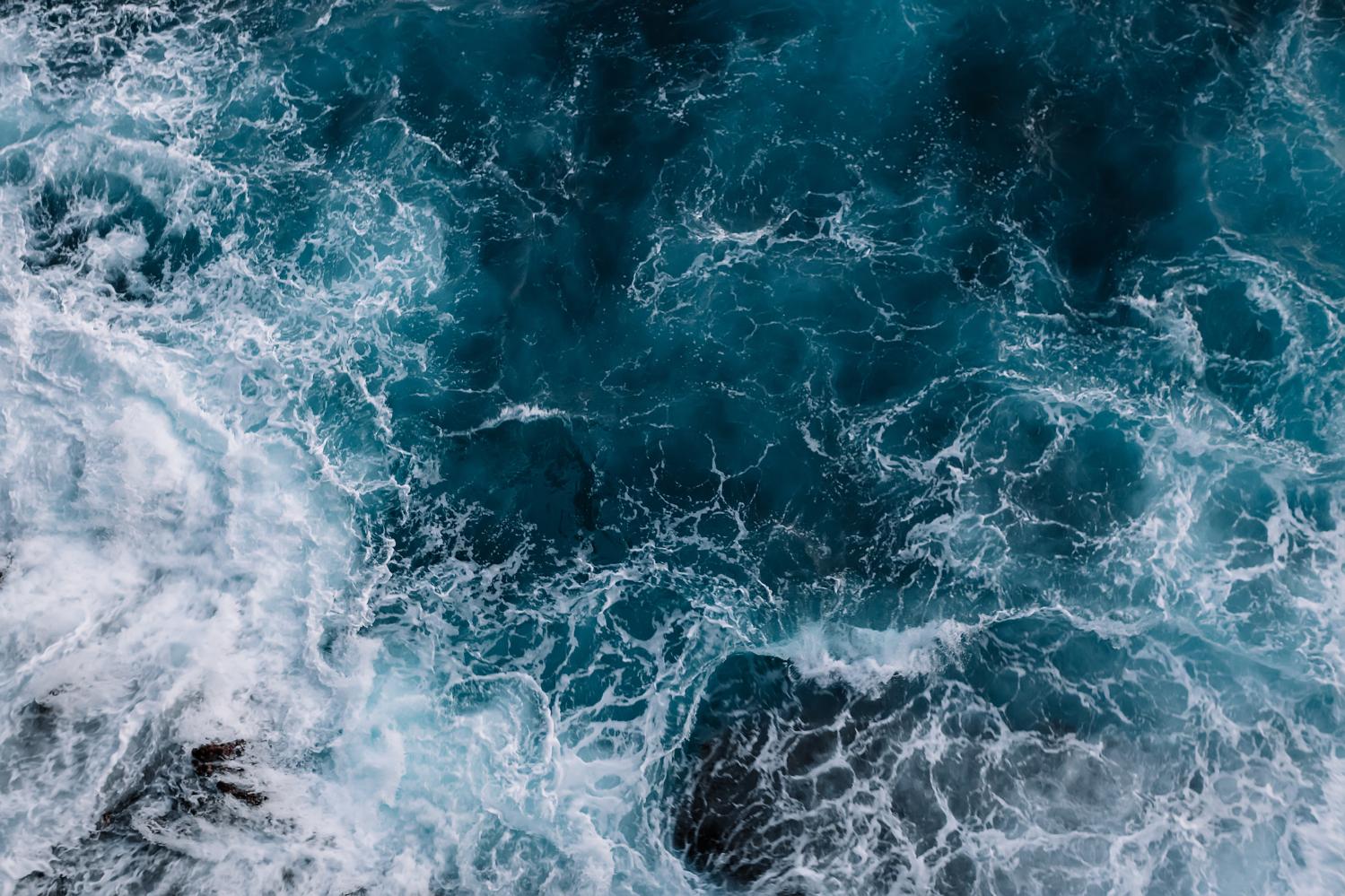


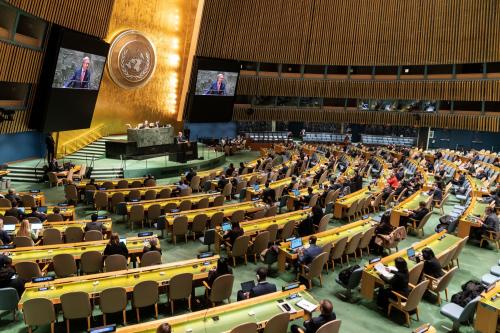
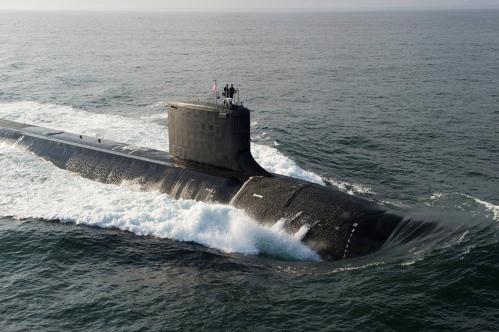
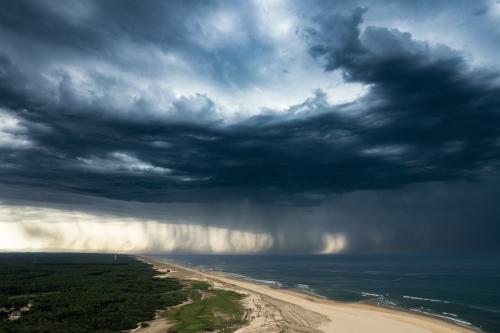
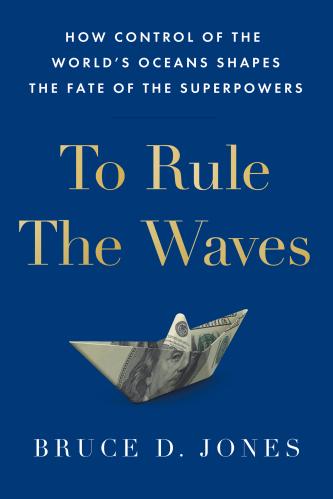
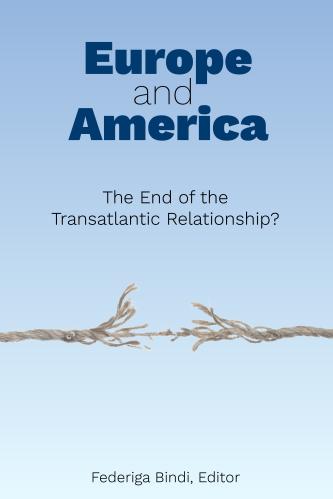
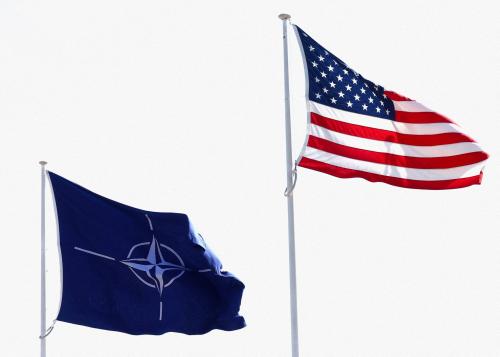


Commentary
The promise of a free and open Atlantic
September 20, 2023